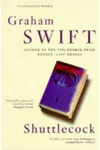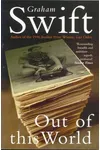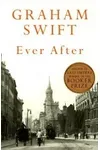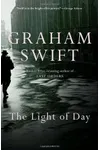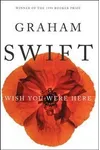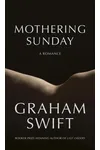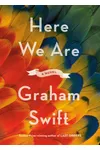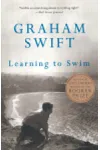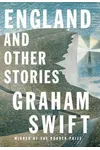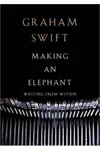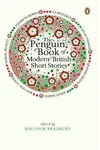Picture a British storyteller who spun tales of family secrets and the quiet dramas of everyday life—meet Graham Swift! Born in 1949 in London, this novelist and short story writer captured hearts with his Booker Prize-winning Last Orders and the haunting Waterland. With a knack for blending history, memory, and human connection, Swift’s stories invite readers into worlds that feel both familiar and profound.
Swift’s work revitalized British fiction in the 1980s, earning him a spot among literary giants. His psychologically rich narratives explore how the past shapes the present, making him a must-read for fans of introspective storytelling. Ready to dive into his world? Let’s explore the man behind the masterpieces.
The Making of Graham Swift
Graham Swift grew up in a modest south London home, the son of a civil servant. His love for storytelling bloomed early, fueled by a childhood steeped in books and the vibrant pulse of post-war Britain. After studying at Cambridge and York, Swift took a leap into writing, publishing his debut novel, The Sweet-Shop Owner, in 1980. This quiet tale of a shopkeeper’s life hinted at the emotional depth that would define his career.
Swift’s early years weren’t all smooth sailing. He juggled odd jobs while honing his craft, but his persistence paid off. By the 1980s, he was a rising star, praised for his ability to weave complex characters and intricate narratives. His breakthrough came with Waterland, a novel that cemented his reputation as a literary force.
Graham Swift’s Unforgettable Stories
Swift’s novels are like conversations with an old friend—intimate, layered, and full of surprises. His masterpiece, Waterland (1983), is a mesmerizing blend of family saga and historical reflection set in the marshy Fens of England. Shortlisted for the Booker Prize, it explores how history and memory shape our lives, told through the voice of a history teacher unraveling his past.
In Last Orders (1996), Swift won the Booker Prize with a poignant tale of four friends on a road trip to scatter their mate’s ashes. The novel’s multiple perspectives and pub-chat dialogue capture the messy beauty of human bonds. Other gems include Shuttlecock (1981), a psychological thriller about guilt and obsession, and Mothering Sunday (2016), a tender novella about love and loss in post-World War I England.
Swift’s style is understated yet powerful, with a focus on ordinary people navigating extraordinary emotions. His use of non-linear timelines and shifting perspectives keeps readers hooked, while his themes—grief, identity, and the weight of history—resonate universally. Whether he’s writing novels or short stories, Swift’s work feels like a window into the human soul.
Why Graham Swift Matters
Graham Swift’s influence on British literature is undeniable. In the 1980s, he helped breathe new life into the novel, alongside contemporaries like Ian McEwan and Julian Barnes. His focus on domestic life and psychological depth paved the way for modern literary fiction, inspiring writers to explore the quiet moments that define us.
Swift’s stories transcend borders, speaking to readers worldwide with their universal themes. His awards, including the Booker Prize and the James Tait Black Memorial Prize, reflect his critical acclaim, but it’s his ability to make readers feel seen that truly sets him apart. Swift reminds us that every life, no matter how ordinary, holds a story worth telling.
About Graham Swift
- Born: May 4, 1949, in London, England
- Key Works: Waterland, Last Orders, Mothering Sunday
- Awards: Booker Prize (1996), James Tait Black Memorial Prize
- Genre: Literary fiction, short stories
Snag Waterland or Last Orders and dive into Graham Swift’s soul-stirring world of memory and connection!

